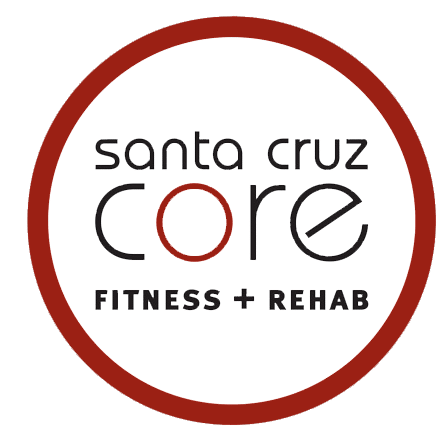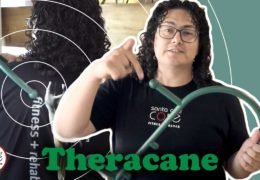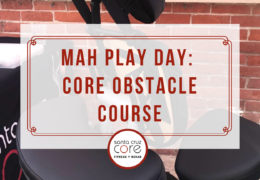A Comprehensive Approach to Restful Sleep

In the bustling rhythm of modern life, the quest for a good night’s sleep can often seem like an insurmountable challenge. Insomnia, with its disruptive influence on our well-being, affects countless individuals worldwide. While conventional treatments exist, they often come with limitations. However, the integration of various therapeutic approaches offers a promising path towards overcoming insomnia. Here, we explore five integrative therapies that can help combat insomnia, providing holistic solutions to promote restful sleep.
1. Massage Therapy: A cornerstone of relaxation, massage therapy offers more than just a luxurious experience. By targeting muscle tension and promoting relaxation, massages can alleviate physical discomfort and calm the mind, paving the way for better sleep. Additionally, massage stimulates the release of endorphins, the body’s natural painkillers, and serotonin, a neurotransmitter associated with feelings of well-being. These effects contribute to a more restorative sleep experience.
2. Acupuncture: Rooted in traditional Chinese medicine, acupuncture involves the insertion of thin needles into specific points on the body to rebalance energy flow. Studies have shown that acupuncture can effectively reduce insomnia symptoms by regulating the body’s circadian rhythm and promoting relaxation. By addressing underlying imbalances in the body, acupuncture provides a natural and holistic approach to improving sleep quality.
3. Therapeutic Exercise: Physical activity plays a crucial role in promoting sleep health, and therapeutic exercise offers targeted strategies to address insomnia. Incorporating activities such as yoga, tai chi, or Pilates can help reduce stress, alleviate muscle tension, and improve overall relaxation. Moreover, regular exercise promotes the release of endorphins, which can enhance mood and contribute to better sleep quality.
4. Chiropractic Treatment: Misalignments in the spine can disrupt the nervous system’s function, leading to sleep disturbances and discomfort. Chiropractic adjustments aim to correct these misalignments, restoring proper nerve function and promoting optimal health. By addressing spinal issues that may contribute to insomnia, chiropractic treatment can provide relief and improve sleep quality. Additionally, chiropractors may offer advice on ergonomic adjustments and lifestyle modifications to support better sleep habits.
5. Nutritional Counseling: The foods we eat can significantly impact our sleep quality. Nutritional counseling involves working with a qualified professional to optimize dietary choices and address nutritional imbalances that may contribute to insomnia. By emphasizing nutrient-rich foods that support sleep, such as complex carbohydrates, lean proteins, and foods rich in magnesium and melatonin, nutritional counseling can help individuals achieve better sleep quality and overall well-being.
For those seeking integrative therapies to address insomnia, appointments can be booked with Santa Cruz Core, a trusted provider of holistic wellness services. With a team of experienced practitioners specializing in massage therapy, acupuncture, therapeutic exercise, chiropractic treatment, and nutritional counseling, Santa Cruz Core offers comprehensive solutions for improving sleep quality and overall wellness.
In conclusion, integrating various therapeutic approaches offers a multifaceted strategy to combat insomnia and promote restful sleep. By addressing the body, mind, and lifestyle factors contributing to sleep disturbances, integrative therapies provide holistic solutions that empower individuals to reclaim their sleep health and vitality.
Sources:
1. Cherkin DC, Sherman KJ, Avins AL, et al. A randomized trial comparing acupuncture, simulated acupuncture, and usual care for chronic low back pain. Arch Intern Med. 2009;169(9):858-866.
2. Hussain J, Cohen M. Clinical effects of regular dry sauna bathing: A systematic review. Evid Based Complement Alternat Med. 2018;2018:1857413.









Leave a Reply